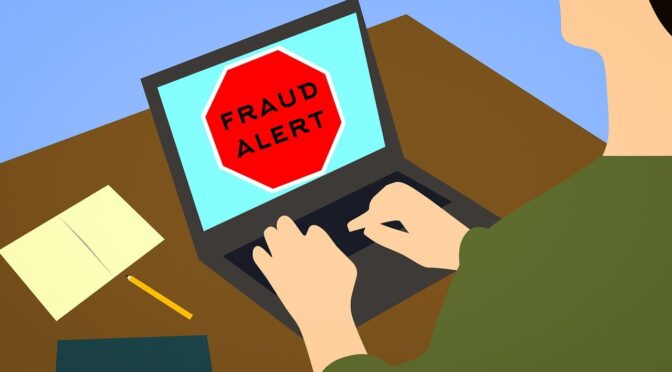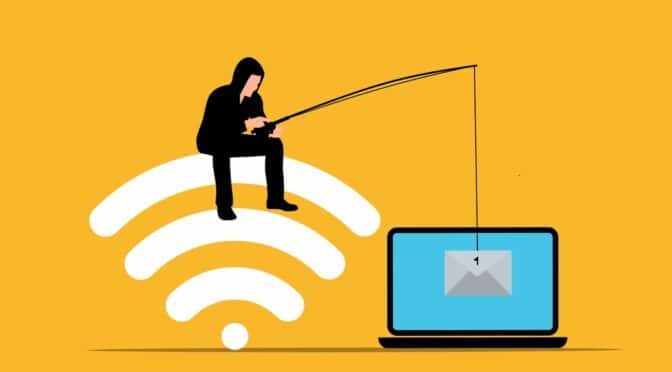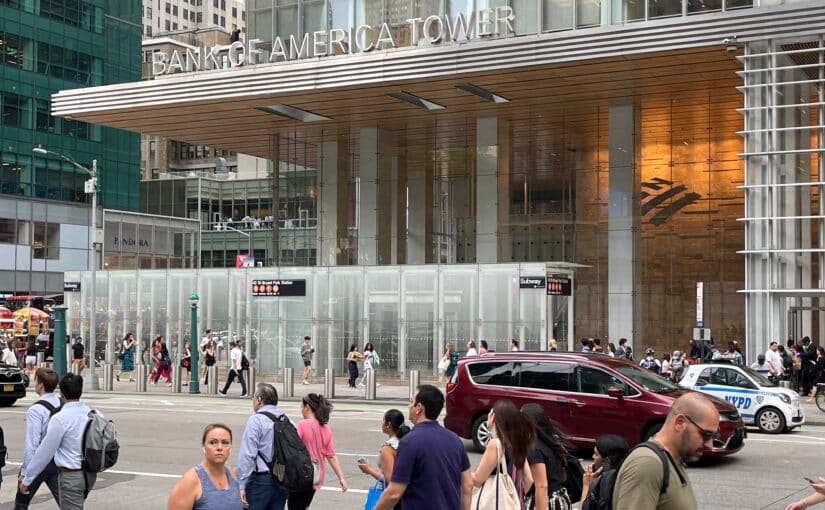Criminals are using a particularly creepy and potentially damaging malware to steals files for ransom . The Federal Trade Commission and the FBI want you to be aware of something called Cryptolocker.
The malware program goes into play, on Microsoft Windows 8, 7, Vista and XP operating systems, when you click on a link that may look harmless.
Victims report clicking on what turned out to be phony tracking notices for UPS, or FedEx. They then discovered that a drive-by download went into gear and encrypted everything on the hard drive and in shared folders.
The FBI says this malware can also encrypt files in USB drives, some Cloud storage drives and external hard drives.
After the files are stolen the thieves send a ransom note that demands payment via Bitcoin or MoneyPak. They say they will provide the encryption key if you pay up within three days. But some victims say they paid the money and received nothing.
That’s why it’s important to back up your files as frequently as possible.
Security
Protect yourself against the drive-by downloads by upping your browser’s security setting. The FTC says medium is a good setting for Internet Explorer.
Take Care Sharing Network Passwords
Be extra careful about sharing administrative privileges. The FTC warns that, “If malware compromises one of those VIP accounts, the damage can be even worse.”
Update Your System
Keep your software, anti-virus and operating systems updated.
Look at File Extensions
.exe is a risky extension. Hackers may add a .pdf, or jpeg to it. But take a look and make sure that it doesn’t have the .exe at the end.
Double extensions can spell double trouble.
Don’t Follow Unsolicited Links
A little paranoia is useful. Be careful about the links that you follow in email, especially when the email comes from someone you don’t know.
If you’ve been victimized, the U.S. Internet Crime Complaint Center is the place to contact. It coordinates for the FBI and other federal agencies that will investigate.


